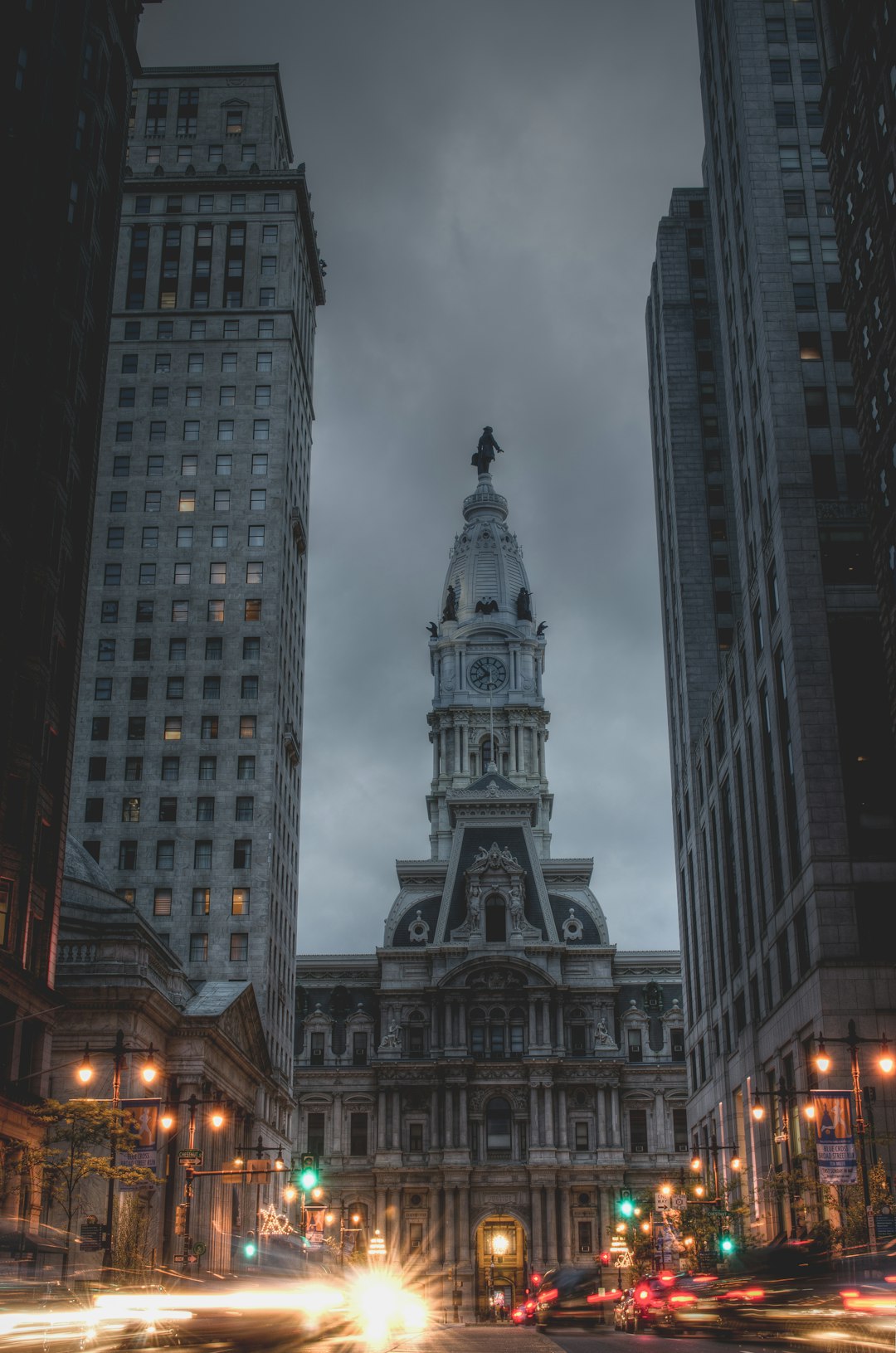Philadelphia residents are frustrated by a surge in robocalls, leading to a demand for legal help from lawyer for robocall Philadelphia. The city has enacted laws restricting call timing and requiring caller ID transparency, with the City Council implementing opt-out mechanisms and fines. Lawyer-led workshops and community advocacy groups empower citizens to block and report unwanted calls, amplifying resident voices and shaping legislation to combat invasive marketing tactics.
In today’s digital age, Philadelphia communities are increasingly affected by unwanted robocalls, leading to frustration and trust issues. Understanding public sentiment is crucial for effective robocall legislation. This article explores the impact of robocalls in Philadelphia, delves into existing legal frameworks, and offers strategies for community engagement and advocacy. For those seeking guidance, hiring a lawyer specializing in robocall regulations in Philadelphia can be instrumental in navigating these complex issues.
The Impact of Robocalls on Philadelphia Communities
In Philadelphia, as in many urban centers across the nation, the proliferation of robocalls has significantly impacted communities, leading to widespread frustration and concerns among residents. These automated phone calls, often marketing or fraudulent in nature, have become a persistent nuisance, disrupting daily life and contributing to a sense of mistrust towards unknown callers. Many Philadelphia residents report receiving numerous unsolicited calls daily, making it challenging to distinguish legitimate communications from unwanted intrusions.
The prevalence of robocalls has prompted many Philadelphians to seek legal recourse, turning to experienced lawyers for robocall Philadelphia to address this growing issue. With the right legal advocacy, communities can better understand their rights and take proactive measures to mitigate the impact of robocalls. This includes pursuing legal action against perpetrators and advocating for stronger legislation that prioritizes consumer privacy and protects individuals from invasive marketing tactics.
Legal Frameworks and Existing Laws in Philadelphia
In Philadelphia, navigating the complex landscape of robocall legislation requires understanding both state and local laws. The Pennsylvania General Assembly has enacted several measures to curb unwanted telemarketing calls, including restrictions on call timing and requirements for caller ID transparency. These legal frameworks provide a solid foundation for residents seeking relief from intrusive robocalls.
Additionally, Philadelphia’s City Council has implemented its own regulations, such as mandating opt-out mechanisms and setting fines for non-compliance. A lawyer for robocall in Philadelphia can guide individuals on these laws, helping them understand their rights and take appropriate actions against persistent or illegal robocalls. This dual authority ensures a comprehensive approach to protecting the community’s voice in the digital age.
Strategies for Community Engagement and Advocacy
In Philadelphia, engaging the community in the fight against nuisance robocalls is a multifaceted approach that requires strategic collaborations and advocacy. One effective method is to empower citizens with knowledge; hosting educational workshops and town halls can help residents understand their rights and the legal implications of robocall harassment. These sessions, led by experienced lawyers specializing in robocall litigation in Philadelphia, can provide practical advice on blocking and reporting unwanted calls, fostering a collective effort to curb this growing issue.
Community advocacy groups play a pivotal role in amplifying the voice of residents. By forming partnerships with local organizations, religious groups, and community centers, advocates can reach a wider audience. Utilizing social media platforms and community newsletters to spread awareness ensures that information about robocall legislation reaches diverse segments of society. Collaborating with like-minded individuals and legal professionals dedicated to addressing this concern is key to driving meaningful change and ensuring the community’s voice is heard in shaping Philadelphia’s robocall legislation.






